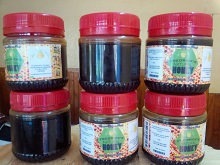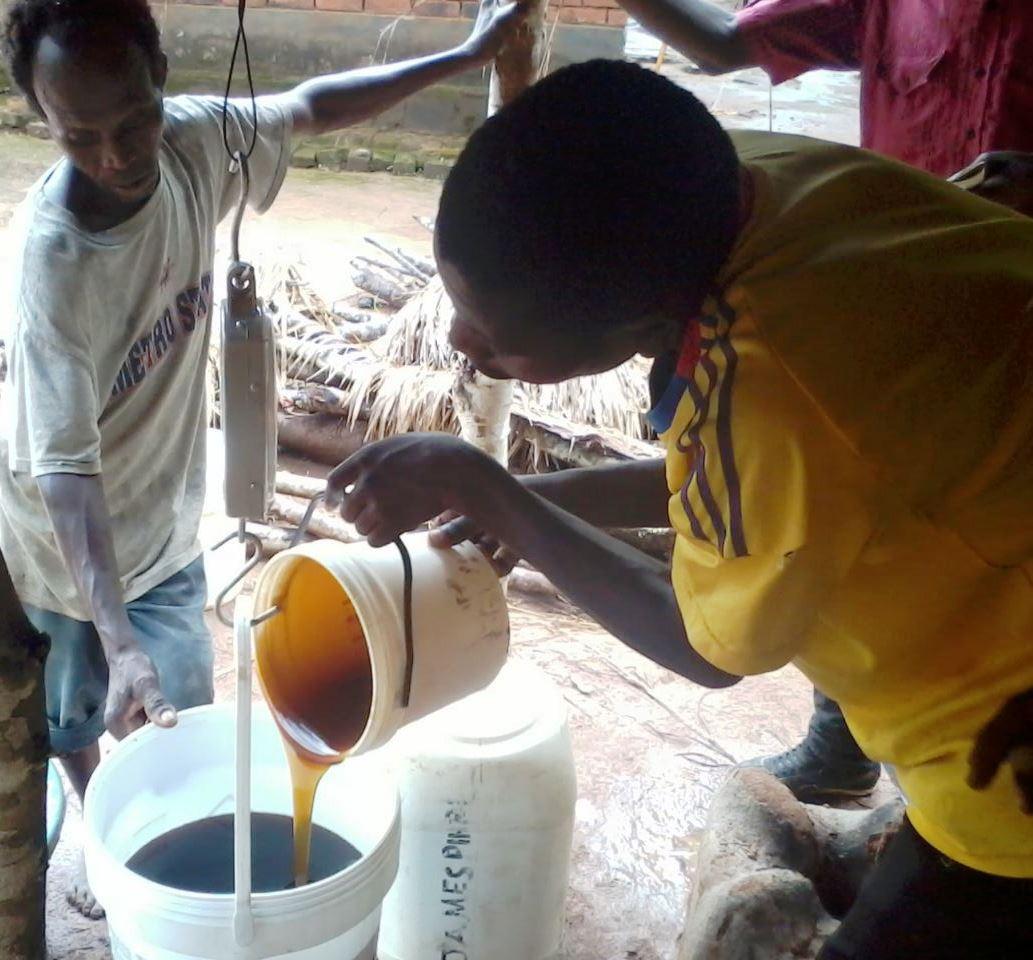Honey Products Industries, improving access to market for smallholder bee keepers
In Malawi, poor collection techniques in the honey industry are causing product wastage and destruction of bee-hives. Smallholder bee keepers lack access to reliable and profitable markets, extension services and modern equipment. Sankalp Africa award finalist, Honey Products Industries optimises the value chain for honey to procure and process high quality organic products. Co-founder Victor Mhango tells us how his enterprise is improving opportunities for small bee keepers and rural youth.
What is the core value proposition of your business?
We offer high quality organic honey while producing triple bottom line social, economic and environmental impacts. We work across the value chain from production to consumption to ensure sustainability. We source the honey from independent smallholder beekeepers, package and process it in factory hubs and then distribute it across the country.Given the high level of youth unemployment in Malawi, we also create employment and entrepreneurship opportunities for the rural youth.
We are in the late start-up phase of our business and are moving towards scale up phase.
How do you market and distribute your product/service to your target ‘beneficiaries’?
We train young people to own and operate business outlets located in different locations via a mini-franchise model. These mini-franchises provide beekeeping equipment and training to local smallholder bee keepers. We work with local NGOs/Government programmes to supply the bee keeping equipment to smallholder bee keepers.
We sell our products to local supermarkets in towns and cities across Malawi ensuring a fair price to our suppliers.
Tell us about your beneficiaries. Who are they, how do they use your product/service?
We have three sets of beneficiaries at Honey Products Industries. The first is the smallholder bee keepers for whom we provide better access to markets. We also aim to help them improve their production methods through training. The second is local youth who work in our factories and aggregate honey for our enterprise. They are paid a commission based on volumes aggregated. Our third ‘beneficiary’ group is the consumers. We provide them with affordable, sustainable honey produced that is produced locally and is a healthy food option.
What feedback have you received from your ‘beneficiaries’?
We have received positive feedback from all our beneficiary groups. Young people say our enterprise opened them up to valuable business opportunities they had never considered operating. Smallholder bee keepers say we are providing a more reliable market for their honey than our competitors. Our consumers rate our honey for being natural and unadulterated.
What would you say is the most challenging aspect of starting and running your inclusive business?
Securing investment to grow the business has been our major challenge.
What is the one factor that has most enabled your inclusive business to progress this far?
Our approach to engaging with local bee keepers and sustainably sourcing honey has ensured that we have a steady supply of honey. External support has really helped us as well. Capacity building and networking support from the SEED Initiative has opened new avenues for our enterprise.
You received the SEED award last year and have now been chosen as a Sankalp Africa finalist, how critical has this external support been to your business? How have you leveraged it to grow your business?
The SEED and Sankalp platforms have allowed us to be known to many partners and potential investors. We were recently profiled on CNN and have been featured in some publications. We anticipate that this exposure and the networks it has brought will be beneficial for the growth of the enterprise in the long run.
Where do you see your business five years from now?
We see this enterprise dominating the honey industry not only in Malawi but Southern Africa and creating opportunities for the youth and securing space for quality Malawi honey on the international market.
What is the one piece of advice you would give to entrepreneurs looking to start an inclusive business?
If you have a vision to impact your society, whatever your situation, start implementing it right away!


